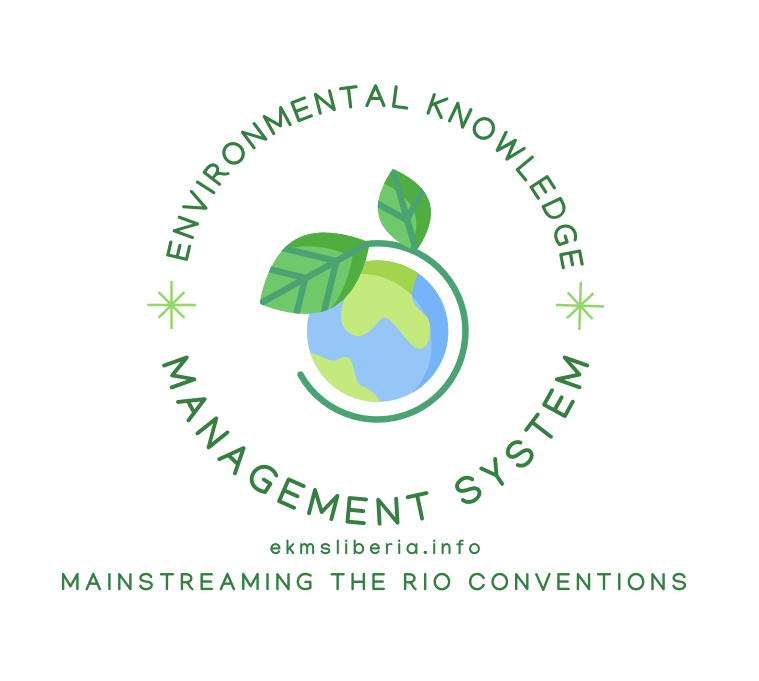Background
The Liberian capital Monrovia is particularly vulnerable to climate effects, namely sea level rise and the increased frequency of high-intensity storms. This has resulted in coastal erosion and shoreline retreat, which threatens the sustainability of ecosystem services and directly impacts Monrovians fishery-based livelihoods of approximately 55,000 Monrovians, 46% of whom are women.
Therefore, in an effort to reduce the vulnerability of coastal environments/ecosystems to climate risks;
the Government of Liberia (GoL), the Green Climate Fund (GCF), and the United Nations Development Programme (UNDP) developed the Monrovia Metropolitan Climate Resilience Project (MMCRP).
The Environmental Protection Agency of Liberia (EPA) is the Executing Entity for the project, and the
United Nations Development Programme (UNDP) is the Accredited Entity. The MMCRP is financed
through a grant from GCF and co-finance from UNDP and GoL.
The core aim of the Project is to build the long-term climate resilience of coastal communities in Liberia by both addressing immediate adaptation priorities and creating an enabling environment for up-scaling coastal adaptation initiatives to other parts of Monrovia and Liberia. This will be achieved through three outputs, namely:
Output 1: Protection of coastal communities and infrastructure at West Point against erosion
caused by sea-level rise and increasingly frequent high-intensity storms;
Output 2: Institutional capacity building and policy support for the implementation of Integrated
Coastal Zone Management (ICZM) across Liberia; and
Output 3: Protection of mangroves and strengthening of gender- and climate-sensitive
livelihoods to build local climate resilience in Monrovia (Output 3).
Download:Click

